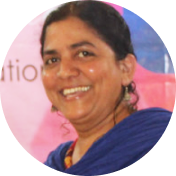Child Education
As Paulo Friere Says, education is the process of liberating people. A process of developing a critical awareness about one’s surrounds and it is a constant process of discovery. India has the largest education system in the world after China. However, the issue of quality education and access remain challenges, especially in rural and tribal parts of India. Despite the government of India has made Education as a fundamental right of every person; the issues like hunger, poverty, lower social status, chores, early marriages, discrimination, school safety and sanitation remain major obstacles in the way of children. Zalkari implements gender just approach in education, with special focus on girl children to identify the unique barriers that keep most girls out of school, while at the same time working with boys and men to help identify and address such barriers. Zalkari attempts to create an equitable environment for all children to learn, thieve and grow.







